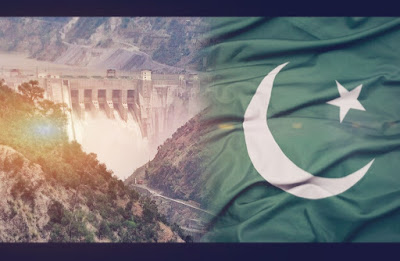Indus Waters Treaty in Peril: Sherry Rehman Sounds Alarm for Pakistan’s Water Security

Date: 22 May 2025 | Dateline: Islamabad
Calling the Indus River “Pakistan’s lifeline,” Senator Sherry Rehman on Wednesday warned that the decades-old Indus Waters Treaty (IWT) faces its gravest threat yet after India placed the agreement “in abeyance.” Addressing a high-level briefing of the National Disaster Management Authority (NDMA), she urged an “all-of-government emergency response” to safeguard the country’s water security and climate resilience.
A Treaty Under Strain
Signed in 1960 and brokered by the World Bank, the IWT divides control of six major rivers between India and Pakistan. India’s 23 April 2025 decision to suspend the pact has already disrupted Western-river flows on which over 90 percent of Pakistan’s agriculture and 70 percent of its power generation depend.
Climate Stress Compounds the Threat
At the same NDMA briefing, officials projected an early, volatile monsoon, increased risk of glacial-lake outburst floods, and stronger windstorms in 2025. Climate disasters are already costing the economy an estimated US $4 million per annul—a figure likely to climb if upstream water flows remain uncertain.
Sherry Rehman Four-Point Action Plan
- Reconvene the Indus Water Commission—dormant for two years—to open technical talks with India.
- Launch real-time flow monitoring of Indus head-waters and reservoirs using satellite data already integrated into NDMA systems.
- Prepare legal briefs under international water law for presentation to the World Bank and UN Security Council.
- Fast-track water-efficient irrigation programmes before the upcoming tariff sowing season to shield farmers from supply shocks.
Why the Stakes Are So High
- Food Security: Reduced Indus flow risks sensationalist of Sindhi breadbasket, jeopardizing staple crops such as wheat and rice.
- Energy Mix: Hydro power plants along the Indus generate nearly a third of Pakistan’s electricity.
- Public Health: Lower river volume concentrates pollutants and raises the cost of safe drinking water for 240 million citizens.
Expert Voices
“This is not politics—it is about survival,” the senator emphasized, terming India’s suspension a form of “water and climate westernization.
What Happens Next?
The Foreign Office is expected to brief Parliament next week on diplomatic options, while the Water Resources Ministry finalizes a rapid-response irrigation plan. Analysts say the window for preventive diplomacy is shrinking: if negotiations falter before the summer melt begins in June, Pakistan could confront simultaneous floods up north and drought down south.





0 Comments